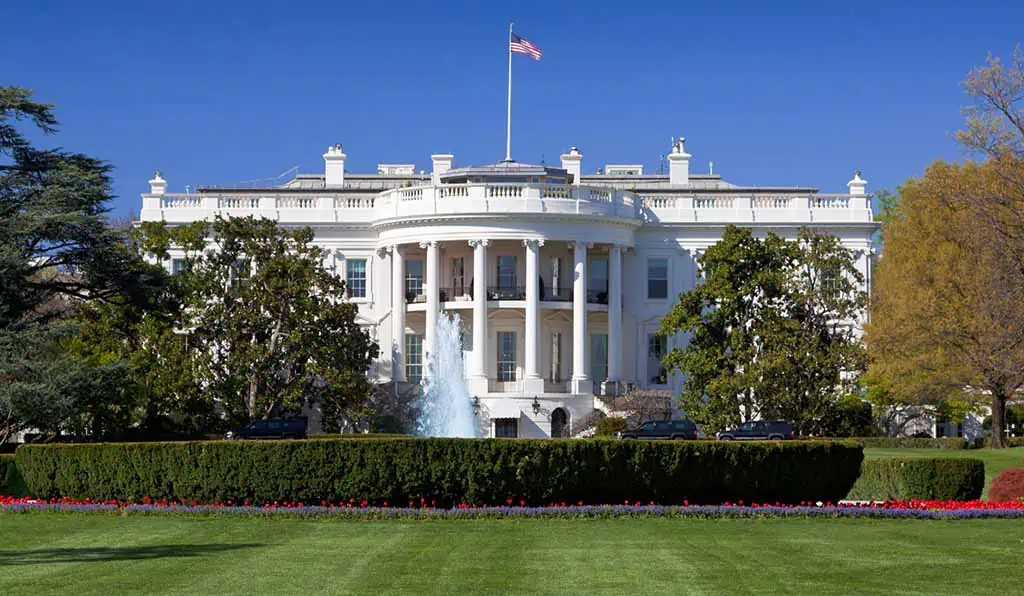Collaborating to Tackle the Skills Gap in Canada
To address the skills gap, the Canadian government in 2018 announced a plan to explore “new and innovative approaches to skills development, identifying the skills employers will need now and in the future and sharing information to inform future investments and programming.” A recent article on Preparing Internationally Educated Professionals for the Future of Work, highlighted how the nature of work is changing, and advancements in technology are disrupting the type of roles available.
In addition to the changing nature of work there is also a skills gap; the skills required in the economy do not match with employers’ labour force needs. A 2018 skills gap report by Live Career found “a significant mismatch in the skills requirements listed in job postings and those noted in applicant résumés.” With the changing nature of roles and skill gaps in the labour market, the challenge remains that individuals need to be prepared for a changing economy. Organizations and institutions have been working to help individuals prepare for the economy but, rather than taking an individual approach, organizations, institutions, and government are starting to collaborate to identify the skills individuals can obtain in order to succeed in this changing economy.
To understand why this approach can help to address the changing nature of work, let’s look at two collaborative approaches focused on preparing individuals for the future of work. First is the Future Skills Council. This council is made up of individuals from the public, private, and nonprofit sectors who are subject matter experts in the trends affecting the labour market. Thought leaders gather to advise the federal government on labour market priorities. They work with various sectors to gather perspectives, develop a strategic plan, and share best practices to help inform policies, practices, and programming that help support individuals in a shifting economy.
The second collaborative approach is the development of the Future Skills Centre. This research centre developed out of a need to bridge the skills gap and support economic growth. In a proposal developed by the federal government, multiple organizations came together to leverage strengths to ensure all individuals can have access to future opportunities in the labour market. The Future Skills Centre is a coalition between three organizations; Ryerson University, specializing in research and running multidisciplinary and large-scale projects; The Conference Board of Canada, specializing in knowledge mobilization and dissemination; and Blueprint, specializing in evidence generation and evaluation. Each organization contributes to a specific purpose in the Future Skills Centre.
Melanie Wright, interim executive director of the Future Skills Centre, says, “Consortiums bring strengths to the table…every pillar: testing and evaluating, research, networks, knowledge mobilization all require collaboration.” The Future Skills Centre recently launched six innovation projects which are being led by various partner organizations, with the goal of helping individuals build and grow new skills that will help them thrive in the new economy.
There are many lessons that can be learned from establishing collaborations. One lesson Wright states is that, when collaborating, it is important to identify a common goal. The goal in this case is to help individuals get the skills they need to be competitive in the labour market. Collaboration also requires open communication, clarity, and transparency of ongoing activities. Lastly, it requires innovation and being open to all voices and ideas. The Future Skills Centre is establishing an advisory board with representatives from across the skills development ecosystem, including academia, service delivery, industry, and employer and labour groups.
Both the Future Skills Council and the Future Skills Centre are excellent examples of innovative approaches to address the changes in the economy that affect individuals. Their collaborative efforts will help inform and prepare individuals to gain the skills they need to succeed in the labour market. Organizations can start to think of similar approaches to address the changing nature of work. Include collaboration as a part of the strategy. This may require initial buy-in from stakeholders and top levels of government. Start with knowing the ‘why,’ then develop and initiate a plan. As a last piece of advice on the collaborative role of the Future Skills Centre, Wright says “Everybody has a strength, the more voices you bring to the table the more it will help assess the skills gap…work in tandem as a group and leverage each team member’s strengths to meet the mutual goal.”
Click here for more from WES Global Talent Bridge.





